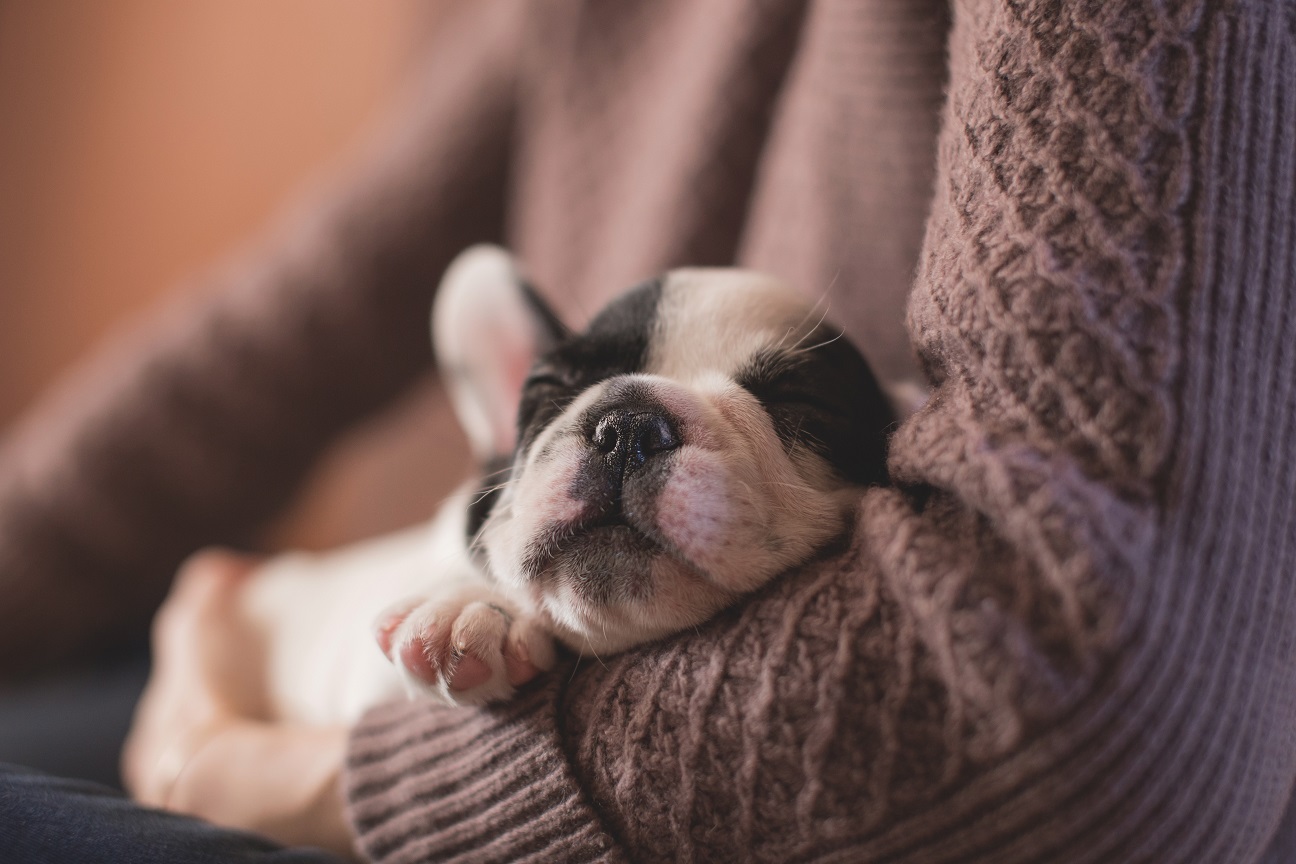Posted on 01 Aug 2019 in Puppies, Cats, Dogs, Darwin, Behaviour, Kittens
Preparing for Desexing Surgery
Desexing our pets makes it easier for us to responsibly care for them, and increases the enjoyable activities we can do with our dogs. There are many health benefits to desexing, as well as positive effects on behaviour. By desexing your pet there are also benefits to our society, in not contributing to the large numbers of unwanted puppies in animal shelters. There are no benefits to your pet in allowing her to have a litter.
What is desexing?
- Desexing of the female dog is commonly referred to as spaying, and involves surgical removal of the uterus and ovaries.
- Desexing of the male dog is called castration, and involves surgical removal of both testicles.
- Desexing is done as a day procedure, and is recommended when a male or female dog is approximately 5 months of age (prior to her first heat cycle for females).

How to prepare for desexing:
Book an appointment: these surgeries are a day procedure. You will be instructed to book an admission appointment in the morning and a discharge appointment after 4pm the same day.
Cleanliness: If possible please wash dogs 24-48 hours prior to surgery to remove dirt and sand from the skin in preparation for surgery. Please do not wash your dog on the morning of surgery as if they come to us wet, they will get too cold under anaesthetic. Washing prior to surgery is not necessary for cats.
Fasting: Please feed your pet their usual dinner the night before surgery, but ensure they do not have any access to food after midnight (no breakfast or treats in the morning). Please do not restrict water, fresh water should be available at all times.
When you arrive at All Pets for your pet's admission appointment, our receptionist will give you an admission form to fill out. Then one of our vets will examine your pet and discuss the procedure with you, prior to admitting your pet into hospital for the day. This admission form includes some options including:
- 1) Pre-anaesthetic blood tests. Your vet will examine your pet prior to anaesthesia and surgery, but sometimes there can be underlying problems that cannot be detected on physical examination. Some of these may affect the safety of the anaesthetic, and also the safety of pain relief medications given during and after surgery. Blood tests can be done to see if there is any indication of a liver or kidney problem, to assess blood sugar levels, red blood cell levels, and protein levels in the blood. This provides us with valuable information that can help us determine which medications are safe to give, and whether additional changes are required. It is important to consider even in young apparently healthy animals.
- 2) Intravenous fluids Intravenous fluids can be given to maintain blood pressure and support vital organs during anaesthesia, helping to make the anaesthetic safer, and the recovery quicker and smoother. Both pre-anaesthetic blood tests and peri-op fluids are optional for desexing procedures but are ideal to do if finances allow.
- 3) Elizabethan collar Some animals will lick or chew at their surgical wound, which can lead to irritation, infection, and breakdown of the wound. Sometimes a second surgery can be needed if this happens. We recommend sending your pet home with an 'elizabethan collar' to prevent them from being able to reach the wound. While these can take a bit of getting used to, pets should be able to sleep, eat and drink with these collars on.
If you have any questions about these options, or the procedure you will be able to discuss these during the admission appointment.
After surgery:
- Rest and recovery - When you first get home your pet may be drowsy or unsteady from the anaesthetic. Keep your pet inside tonight in a quiet, comfortable place. Try to keep your pet away from children and other pets.
- Careful feeding - Give your pet a light meal on the first evening and a plentiful supply of water, but it is not uncommon for your pet not to be interested in food for 24 hours after an anaesthetic. Keep food and water within easy reach so that your pet doesn't have to travel to get to it.
- Appropriate exercise- After a few days your pet will usually be up and about. For dogs in particular, your challenge is to keep them quiet until the stitches are removed. Discourage running, jumping and climbing and keep on-leash when outside. Short gentle walks on the leash only please. Your dog's body needs time to heal and excessive activity will put strain on the incision and stitches and increase the risk of complications.
Wound Care:
- It is important to keep the wound area clean and dry. This means no baths, swimming, or sprinklers. Special care is needed in the wet season!
- It is important to stop your pet from licking, biting, or scratching at the wound. An 'elizabethan' collar is recommended to prevent your dog from licking the wound and potentially pulling stitches out (if this happens further treatment or surgery is usually required, which will incur additional costs). There is also the option of a wound bitterant spray which will work for some dogs.
- Your pet has at least 2 layers of sutures. (Cat castrate surgeries do not require any sutures)
- The skin sutures need to be removed in 10-12 days. This is done at no charge, but do please make an appointment time.
- Sutures under the skin are dissolvable and hence are not removed. They dissolve by causing a local reaction, so a small swelling frequently occurs especially if the animal is very active. If this swelling seems large, painful, or has any discharge, please call us and make an appointment to have it checked.
- Please check sutures daily for discharge or redness and if any concerns telephone All Pets Veterinary Hospital on 8948-0056.
- The black ink in your pet’s ear is from the tattoo and does not need cleaning. Don’t worry… the excess ink will fade dramatically in the next few weeks!
Controlling pain:
Animals, just like people, can experience pain after surgery. To minimise this and to ensure your pet is as comfortable as possible, your vet has already given pain relief injections at the time of surgery which should provide comfort until tomorrow. Your pet has also been prescribed a follow-up-pain-relieving treatment called Meloxicam for you to give at home for 4 days for dogs and 2 days for cats (starting tomorrow). This is a non-steroidal anti-inflammatory medicine that should be given once a day (every 24 hours), at the dose advised by your vet. It will help your pet recover by keeping it pain-free and happy. While side effects are uncommon, they can occur (as with most medications).
If your pet is not eating, or has had vomiting or diarrhoea, please do not give any further Meloxicam and contact us for advice.

When to contact us:
Please keep a close eye on your pet after surgery. If you notice any of the following contact your vet:
- Loss of appetite (after 24 hours), vomiting, diarrhoea
- Refusal to drink water
- Weakness, lethargy or withdrawal after 24 hours
- Excessive chewing or licking of the wound
- Redness, swelling, bleeding, or discharge at the surgery site
- if you are in any way concerned about your pet.
Top photo by Matthew Henry, bottom photo from freestocks.org


